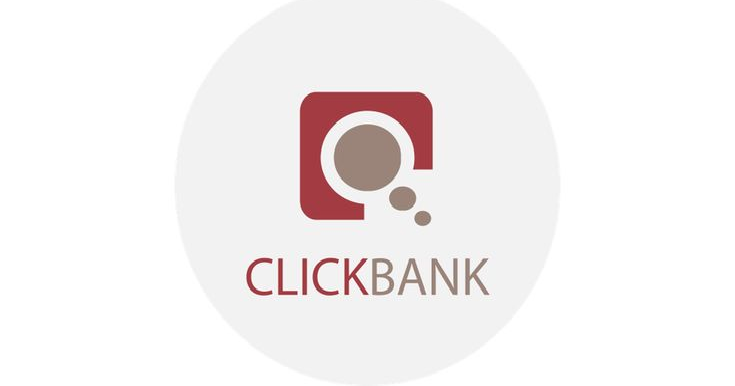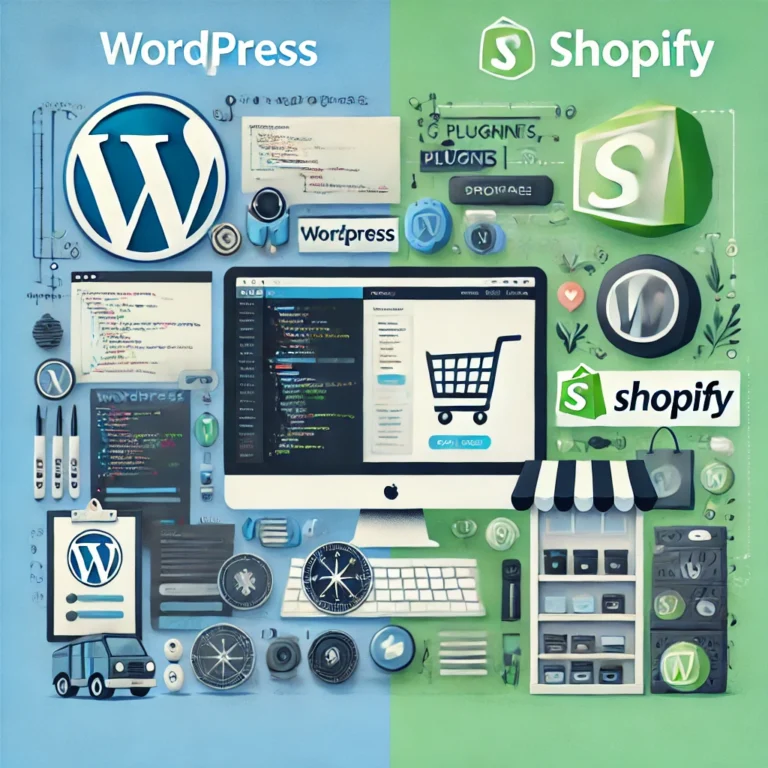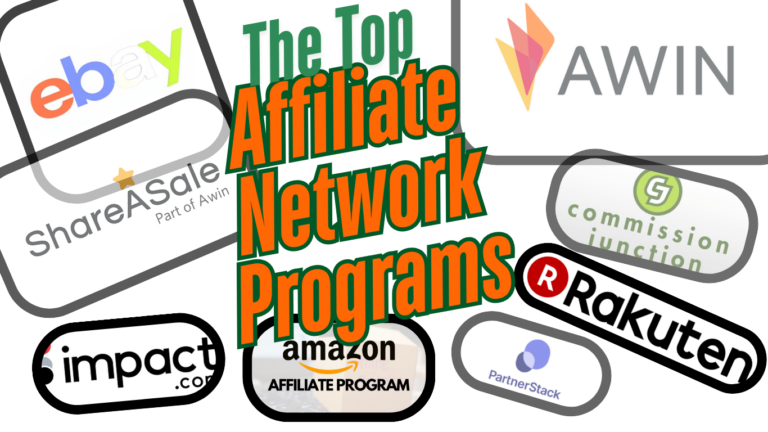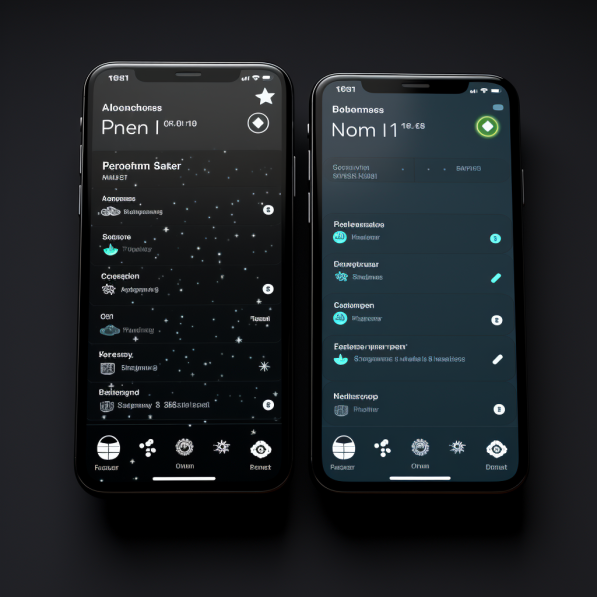How Much Does a Website Really Cost

The True Price of Hostings, Domain and Themes
Website Costs: Basics
There are three pillars which are essential when creating a website, whatever platform you use WordPress be my favourite, these three fundamentals you’ll never be able to do without.
Domain
It might just be me, but quite often I’m gonna come up with a new idea for a business or a website, my next venture, as sad as it may seem but I tend to get a little excited about thinking about what my website will be called.
Now there are two ways where getting the right domain can be achieved:
(My Personal Preferences for Domain Providers)
 | Most Popular GoDaddy – Largest and Most Well-Known
| |
 | Best Overall NameCheap -Very Popular & Cheap
| |
 | Good Value 123-Reg – UK’s #1 domain registrar
| |
 | Ionos, A Global Leader in Domain Registration
|
1) Buying a Brand New Domain
the most common and obvious way to get a domain for your website, it’s just simply buy one from scratch. to get to that point it is worth brainstorming ideas, play around with wordings of your business
Sometimes it’s as simple straightforward process of knowing what your business is already called, and then simply searching for as close as possible wording to your domain using one of the popular domain providers such as namecheap, go Daddy or 123 Reg.
one thing to keep in mind with a new domain, as you are literally starting from scratch with a blank canvas, Google needs time to evaluate and give you trust to both you and your website.
This isn’t an issue for most, as many people starting a new website are in the early stages of starting up a new business from scratch anyway, so taking time is something they may expect.
For others, it is quite possible it can take months before your website starts to rank on Google, and within that time you can expect wild fluctuations to take place. this by some community is known as the sandbox, depending on you you ask the Sandbox does our does not exist. my personal experience is that something does exist in the early stages of a new domain because of these fluctuations that I do see at the beginning, after time It’s settles down.
But on a positive note, because you are starting a brand new domain there is no baggage, battling for content or anything that Google doesn’t like undo domain because no bad habits can have been inflicted on this website are domain at this moment in time, which is a good thing.
2) Acquiring a Used or Current Domain
The second way of getting yourself a new domain is by buying an already aged or used domain, or can also be otherwise known as a Premium domain
This approach can save you time, in terms of ranking, especially in the short to mid term, you can get a much needed boost if time is of the essence, in some cases immediately.
There are , however some things to keep in mid when buying a used or expiring domain:
As the domain has been pre-owned, you really need to do your due diligence and work out how that domain/website was treated.
What kind of backlinks does it it, did it have good quality content or was just spam put on it. If so these domains need to be given a wide birth as any poor practices will mean you will be buying a domain with a bad standing with the Search ENgines, and you’ll be dead in the water before you even begin on your organic traffic journey,
Heres a few resources to help you find out the answers to these questions:
SpamZilla – This is the perfect tool for finding those domains which are being sold, or soon to be expired. It gives you tonnes of stats, and data to make a well-informed decision.

Ahrefs – My favourite too, for keyword research however, you can also tie this in with spamzilla, which then boosts the data you need to find the right domain for you

Waybackmachine – a free and easy online website you can user to pop in the domain and see what any website/domain used to look like back in the past

Hosting
So presuming you now have your domain, whether you bar that domain brand new or whether it is an aged or expired domain, your next vital step is hosting.
What is Hosting?
In short, hosting is a computer (or otherwise known as a server) where your website sits. It is where all of your files and content are stored, and depending on how much traffic you get the better your hosting the more CPU usage is used to handle this.
Things to consider with Hosting:
Here is the full list of key elements you should take into account for hosting, our Top 11 Hosting Tips:
(My Personal Preferences for Hosting Providers)
 | Most Popular GoDaddy – Leading Web Hosting Provider,
| |
 | Best Overall NameCheap – Affordable and Reliable
| |
 | Good Value 123-Reg – Leading UK-based Web Hosting
| |
 | HostGator – Gload Leader for affordable and flexible hosting solutions
| |
 | Hostinger – Feature-rich Hosting Solutions
| |
 | Ionos – Formerly 1&1 is a leading web hosting provider
| |
 | Bluehost – A Reputable Hosting Provider
| |
 | SiteGround – From Bloggers to Businesses
|
- Type of Hosting: to get started with hosting you really don’t need to spend a lot of money shared hosting is pretty much the cheapest type that you can go for and is what I would advise. for shared hosting can be easily as $5 a month. the reason it’s so cheap is because you can have many websites from other customers are sharing the same come server, over time you will need to grow especially as you get more traffic.
When you do start using more resources in terms of more storage required because you are the more content or because more traffic is coming in which puts more strain on the CPU, more costs for hosting will be required, but at this stage you don’t tend to mine because if you are in this scenario is because you’re website is starting to see some signs of success. there are a few options but one option I tend to go with as the next step is VPS hosting. although this is an entirely dedicated hosting service, but a virtual private server shares in some part the full potential of a server, meaning the outcome is more resources, our horsepower to your website. - Uptime Guarantee: Always look for hosting companies who offer a high uptime guarantees (99.9% and above). Uptime is crucial for maintaining your site’s accessibility.
- Security Features: Security is vital for protecting your site and users’ data. Such as SSL certificates, firewalls and Regular Backups. Dont worry if you find this to ‘techy’ and daunting, most hosting companies provide this anyway by default
- Scalability: One important factor that I always like to keep in mind is how scalable the hosting packages are within the same hosting provider. this is something a lot of people overlooked, but as mentioned before if you’re starting with the cheapest host impact at some point you are going to get traction with your website or business, or being well, therefore What you need to know is are there packages you can upgrade and scale up to as your website grows.
What you don’t really want is a very basic hosting of $5 a month and then the only option is to go straight to a dedicated server which could cost you $50 or over $100 per month, that wouldn’t make sense.
Also the next important factor, and again something that is often overlooked, if you are bringing in websites/domains from other hosting services, can this be done for free with your current hosting company?
I’ll give you an example:
I had domains across 3 hosting providers, and I wanted to merge them into just one account ( as it would work out cheaper), however what I found is when I contacted hosting providers, some would charge $50 to migrate a website, each!
But then I found some providers who would do all migrations for free. - Customer Support: When it comes to hosting you can never underestimate the power and importance of customer support. sure when you first- sign up with hosting the sales team will always be a hand, often through the live chat facility, which is fine and can answer any questions you have.
However, the real customer support comes in when you have technically issues with your hosting which affects your website, and ultimately your business. having a good technical support team in the background is absolutely essential. - Pricing and Renewal Fees: Compare initial signup costs with renewal rates, as many hosts offer lower rates for the first term. Be aware of any additional fees for services like domain registration, SSL certificates, and email hosting.
- Server Location: Consider the physical location of the servers. Server proximity to your audience can affect website loading times, which impacts user experience and SEO. Although to some degree this is diminishing as the technology of the server improves.
- Control Panel and Installation Processes: Check if the hosting provider offers an intuitive control panel for managing your website. One-click installs for CMS platforms like WordPress can also simplify setup.
Also, you may need to choose between your control panel user interface, I personally like Cpanel, but to save on costs I recently moved over to Plesk. - Email Hosting: Determine if your hosting plan includes email hosting to create professional email addresses linked to your domain name.
- Backup and Restore Options: Ensure the hosting plan includes regular backups and easy restore options to safeguard your website data against loss or corruption.
- Reviews and Reputation: Research customer reviews and testimonials to gauge the reliability and performance of the hosting provider.
Investing in the Right Theme
So you’re hosting is in place – check and your domain is in place – check, and you have installed WordPress, and all you need to do now is install your theme and you are set for the races!
Learn How to Easily Create a WordPress Website
So when it comes to a theme why is it important which one you choose?
This depends on what you are using your website for, generally speaking, the better the theme the more customisable aspects and functionality you tend to get with them.
if you’re looking for a very simple blog and not too bothered about the websites aesthetics, then by all means just go with the simple default themes that come with a WordPress installation so such as Twenty Twenty-Three (2023), however by doing so just don’t expect any bells are whistles.
just like with hosting you can scale up with your theme. and I don’t necessarily might mean by using the same theme and adding more to it, although this is certainly an option.
I mean as business and traction and traffic come in you can change to a different theme, and a more better theme, with better functionality making your life easier when you want to make changes on the fly to your posts and pages.
However when it comes to specialised themes, such as themes related to affiliate marketing then they are more bespoke to a specified outcome and are catering for certain actions within a website.
Such examples can be found across the board, for instance, wanting to turn a website into a forum, there are themes for that, or just a simple blog, there are themes for that and then there Eccomerce, there are dedicated times for that too. SO figure out what your websites is going to be and find a suitable theme for it.
As a general rule of thumb, the more you pay for a theme, as like everything in life! :), the better the theme will likely be. Both in terms of aesthetics and functionality.
Premium themes tend to look better and give you better tools and make your life easier, as the coding has been done more behind the scenes, so you don’t have to worry about it, unlike sometimes you do with basic free themes, generally they are less flexible, unless you have programming knowledge.
Here are a few recommended Themes I Have or still Use:
Kadence – Probably my most favourite theme, it is liked, well designed and easy to use. Best of all it’s free to begin with and you can upgrade as you grow.
Additional Website Costs to Consider:
So up to this point what we have done is looked at the Essential fundamentals of any website, without either the hosting domain or the theme itself you haven’t got a platform to work from, so now let’s presume that that platform is in place, you can now start adding content to your website if you wish so you’re good to go.
However, over time you may wish to expand improve your website and what it can do.
These extra costs are optional, but they are something that is worth considering.
SSL Certificates
SSL certificates are digital certificates that enable secure connections from a web server to a browser, using the Secure Sockets Layer (SSL) protocol.
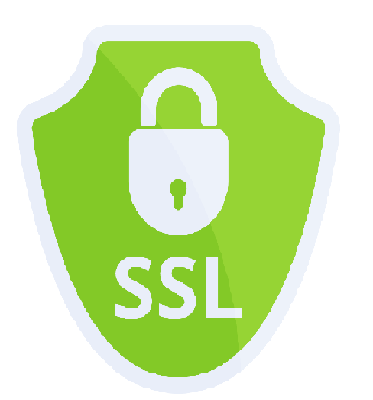
They are essential for protecting sensitive data transmitted over the internet, such as personal information, passwords, and credit card numbers, by encrypting the data during transmission. Here’s a deeper dive into SSL certificates, their importance, and cost considerations.
Costs:
The cost of SSL certificates can vary widely based on the type of certificate, the level of security it provides, and the issuing authority. Here’s a general breakdown:
- Domain Validated (DV) Certificates: Can range from free (offered by services like Let’s Encrypt) to around $100 per year.
- Organization Validated (OV) Certificates: Typically cost between $50 to $200 per year.
- Extended Validation (EV) Certificates: Can cost anywhere from $150 to over $600 per year.
Plugins
WordPress plugins cover such a broad range of tools. the good thing about plugins is that many of them are free. so to help with your SEO just install Yoast, if you want a faster website install; Super Cache.

If you want to convert your website into Eccomerce then install Woocommerce, the list is endless.
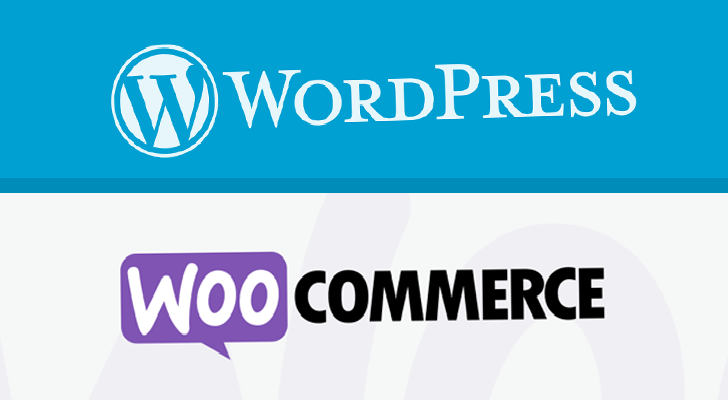
But, when it comes to more bespoke and more dedicated actions you want to undertake then Premium plugins are the way forward
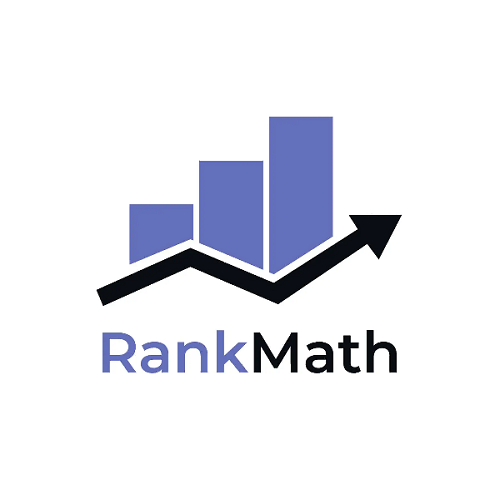
For instance, if you want a Better SEO plugin with more features, upgrade Yoast or go to all webmasters favorite, rank math.
If you want the best Website speed tool go Use WP-Rocket.

Then there’s plugins that do unique actions, such as datafeedr who will help with affiliate marketing links and harness all networks combing them together to monetize your website very easily, using just shortcode.
This is why I love WordPress – the list is endless! 🙂
Is WordPress Good for Beginners
Total Cost Breakdown for Setting up a website
Basic Shared Hosting Example
Creating a website involves several components, each contributing to the overall cost. Below are tables outlining the total cost breakdown for setting up a website with basic shared hosting and VPS hosting. These examples consider a small business website and how costs can vary with traffic levels.
| Component | Description | Estimated Cost (Annual) | Estimated Cost (Monthly) |
|---|---|---|---|
| Domain Registration | Cost for registering a new domain name. | $15 | $1.25 |
| Shared Hosting | Hosting on a server shared with other websites. | $120 | $10 |
| SSL Certificate | For secure data transfer. Free options available. | $15 | $1.25 |
| Theme | Free and premium options exist. | $0 | $0 |
| Plugins/Extensions | Basic SEO, security, and functionality plugins. | $0 | $0 |
| Content Creation | DIY or professional content writing. | $0 | $0 |
| Design & Development | Customization of theme or layout. | $0 | $0 |
| Maintenance | Ongoing updates and security checks. | $0 | $0 |
| Total Estimated Cost | $150 | $12.50 |
Notes:
- Domain Registration: The cost is considered as an annual payment, but for monthly calculations, it’s averaged over 12 months.
- Shared Hosting: Based on a $120 annual cost, which breaks down to $10 per month.
- SSL Certificate: Assuming a minimal cost of $15 annually, which averages to $1.25 per month. Note that many hosting providers offer a free SSL certificate, but this calculation uses the specified cost.
- Theme, Plugins/Extensions, Content Creation, Design & Development, Maintenance: These components are considered to have no cost in this minimal setup scenario, focusing on the essential expenses to get a website up and running.
VPS Hosting Example
| Component | Description | Estimated Cost (Annual) | Estimated Cost (Monthly) |
|---|---|---|---|
| Domain Registration | Cost for registering a new domain name. | $15 | $1.25 |
| VPS Hosting | Dedicated resources without the cost of a dedicated server. | $480 | $40 |
| SSL Certificate | Essential for secure data transfer. | $15 | $1.25 |
| Control Panel | cPanel or Plesk for managing hosting environment. Usually you select how many you need at time of ordering. | $240 | $20 |
| Theme | Premium themes for enhanced design and features. | $0 | $0 |
| Plugins/Extensions | Advanced plugins for SEO, marketing, and e-commerce. | $0 | $0 |
| Content Creation | Professional content writing and multimedia. | $0 | $0 |
| Design & Development | Custom development work for unique features. | $0 | $0 |
| Maintenance | Regular updates, security, and performance optimizations. | $0 | $0 |
| Total Estimated Cost | $750 | $62.50 |
Notes:
- VPS Hosting: The cost has been adjusted to reflect a more accurate monthly expense of $40, totaling $480 annually.
- Control Panel: Adding a control panel like cPanel or Plesk, which is essential for managing the hosting environment, especially for users who prefer a graphical interface for server management. The estimated cost for this is $240 annually, breaking down to $20 per month.
- Domain Registration, SSL Certificate: These remain essential components of setting up a website, with the costs distributed monthly for a clearer understanding of ongoing expenses.
- Theme, Plugins/Extensions, Content Creation, Design & Development, Maintenance: Maintained at no cost in this minimal setup scenario to focus on the essential and fixed costs associated with VPS hosting.
As you can see from the two examples above, the Shared hosting and their VPS hosting options; probably the most common hosting options amongst website owners, it’s very cheap to get up and running shared hosting, and unless your business is already small to medium, for those just starting out $10 to $15 a month isnt an unrealistic.
When you’re website starts gaining traction, you get more traffic, and you start using more computer resources due to expanding on the amount of plugins that you have, then at this time you can increase on the shared hosting scale, but ultimately you want to be moving over to VPS.
Arriving get VPS to some extent means that your business is successful and you have achieved the first stage of where your website needs to be
*Also please keep in mind these are estimated costs on what can be achieved with hosting, however, costs can rise depending on your own specific needs and requirements such as further Development.


